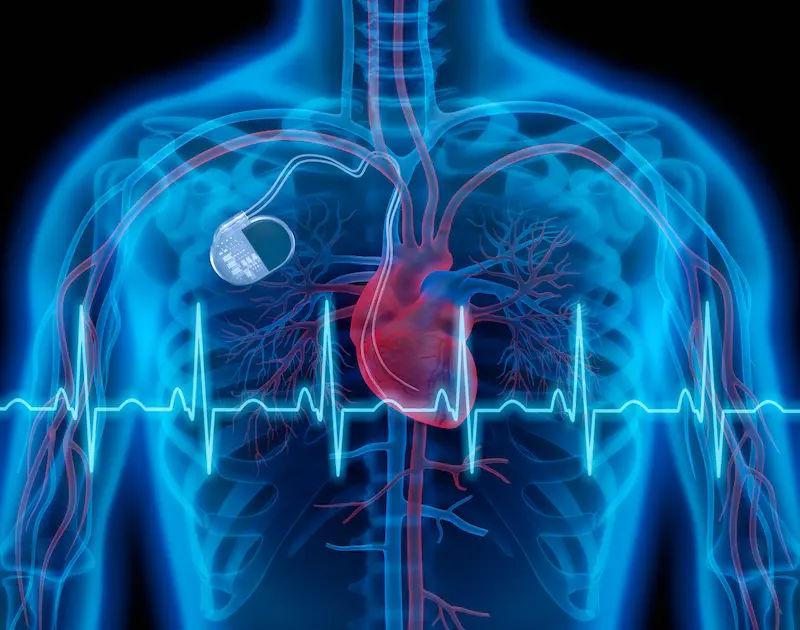- male
- 50 Years
- 29/01/2025
I'm trying to figure out whether I should stick with telmikind AMH or switch to triolmesar CH 40. My first doctor recommended telmikind AMH, but then a second doctor said I should try triolmesar CH 40 instead. My blood pressure is usually high, so I'm kind of worried if the medication change might make a difference. What would be the best approach here?
Answered by 1 Apollo Doctors
Both Telmikind AMH and Triolmesar CH 40 are effective medications for managing high blood pressure. Telmikind AMH contains telmisartan and amlodipine, which help relax blood vessels and reduce pressure. Triolmesar CH 40 combines telmisartan with hydrochlorothiazide, which also works to reduce blood pressure by removing excess fluid. If your blood pressure remains elevated, its important to follow up with your doctor to determine which combination works best for you based on your overall health and response to treatment.
Dr. Kareemulla Suggests...
Consult a Cardiologist
Answered 04/07/2025
0
0

More Cardiology Health Queries
View allCan high blood pressure cause shortness of breath?
High blood pressure forces your heart to work harder to pump blood to the rest of your body. This causes part of your heart (left ventricle) to thicken and may lead to heart failure which presents as shortness of breath, chest pain, persistent cough, swelling in legs and weakness.
Answered by 1 Apollo Doctors
I'm a 27-year-old guy and I've been having some mild chest pain for about six months now. I exercise daily, eat healthy, and I don't smoke. Could this be something serious or is it just anxiety or something else? Should I be concerned?
It's generally safe to use Moxikind (moxifloxacin) for cold and Monocef (cefixime) for cough together. However, consider the following: _Phensedyl (cough syrup)_: Avoid using Phensedyl with Moxikind and Monocef without consulting your doctor, as it may interact with antibiotics. _Consult your pediatrician_ before administering these medications together, especially if your child has any underlying medical conditions or is taking other medications. Also, ensure you: 1. Complete the full course of antibiotics as prescribed. 2. Follow the recommended dosage and administration instructions. 3. Monitor your child's condition and report any adverse reactions or concerns to your pediatrician.
Answered by 1 Apollo Doctors
I'm really concerned about my dad's health. His LVEF is at 25, and the cardiologist is recommending an angiography. Im not sure what we should do next. Could you give me some guidance on this?
no problem it's normal
Answered by 1 Apollo Doctors
Disclaimer: Answers on Apollo 247 are not intended to replace your doctor advice. Always seek help of a professional doctor in case of an medical emergency or ailment.



_3.webp)